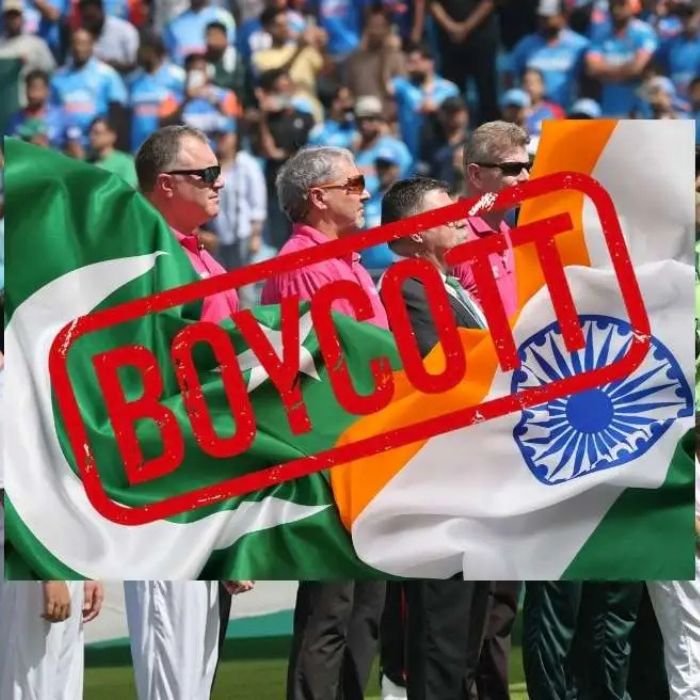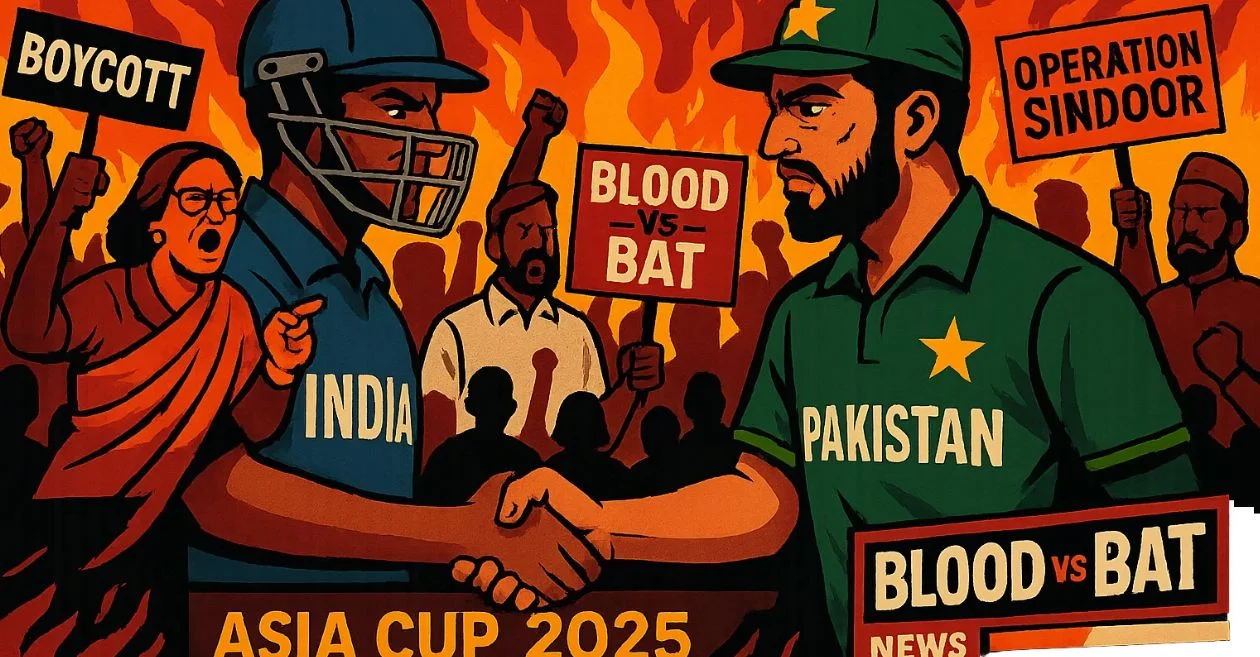Table of Contents
Asia Cup 2025, IND vs PAK: When sport becomes a script
The Asia Cup 2025 doesn’t begin with the toss, it begins with politics, promos, and press conferences. Held in the blistering heat of Dubai, the tournament is as much a test of endurance as it is of skill. The desert sun feels like a villain, sucking energy faster than a death over spell. Here, the scoreboard is secondary; hashtags, handshakes, and hollow statements rule the day.
Every six is exaggerated, every no-ball dissected, every handshake between rivals turned into breaking news. Stadium seats may look uncertain, but TRPs are guaranteed. What should be just bat and ball transforms into a geopolitical carnival, where sport is merely the excuse. The UAE, a land of glittering malls and unforgiving weather, becomes the unwilling stage for South Asia’s oldest wounds. And still, the world tunes in, not for cover drives, but for controversies. This is the paradox: a tournament nobody admits they love, yet everybody consumes like oxygen.
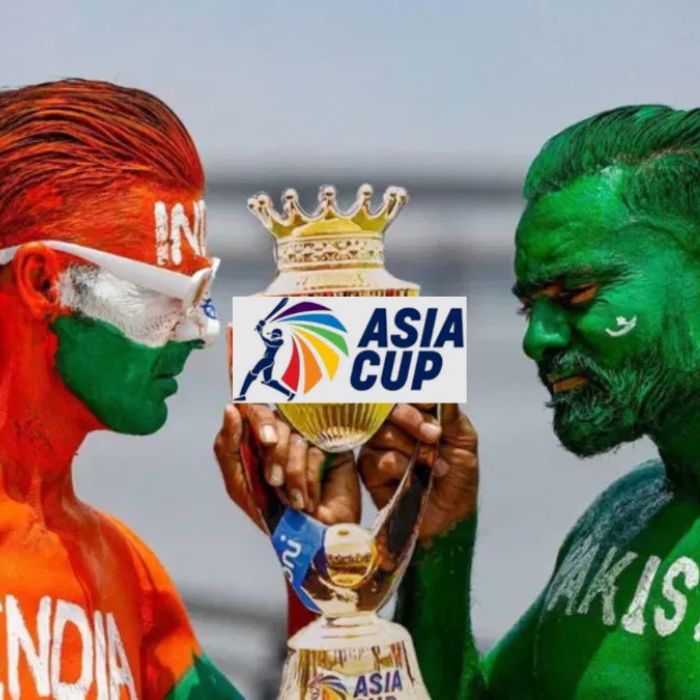
Asia Cup 2025, IND vs PAK: Boycott as a national pastime
If there were medals for boycotts, India would be the reigning world champion. Ahead of the Asia Cup 2025, leaders from Congress, AAP and Shiv Sena (UBT) are not just calling for a boycott of Pakistan, but also restaurants, clubs, and televisions that dare broadcast the match. Yes, the enemy is no longer Pakistan’s bowling attack, it’s your neighborhood bar showing live cricket.
AAP, in its own creative way, torched a Pakistan-labelled effigy, proving once again that burning paper dolls is our version of foreign policy. Politicians declared, with straight faces, that BCCI players are ‘playing with disgusting people,’ while also selling patriotism like a blockbuster movie.
And the cherry on top? Uddhav Thackeray dusting off the Prime Minister’s old ‘water and blood cannot flow together’ line, only to remix it into ‘blood and cricket cannot flow together.’ Somewhere in the background, the Asia Cup fixture smiled quietly, knowing it had already won the prize for Best Political Propaganda Tool.
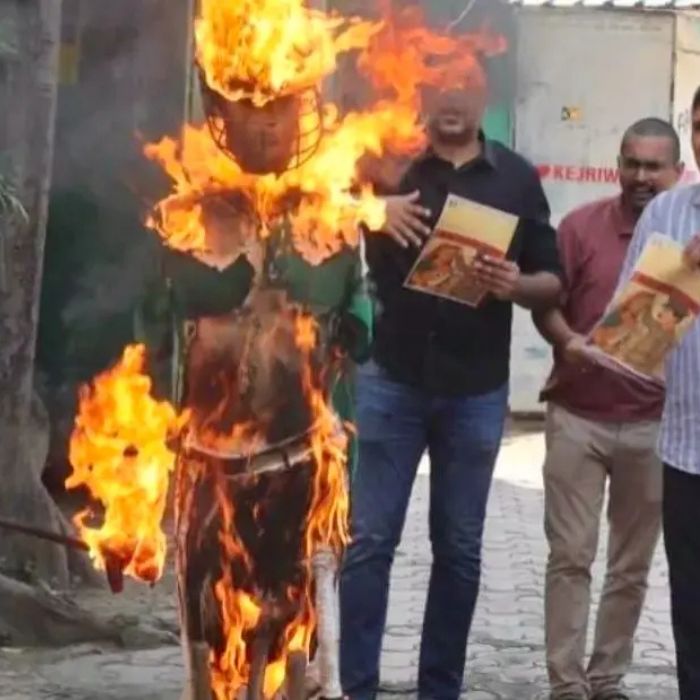
Asia Cup 2025, IND vs PAK: Opposition’s oscars for outrage
The Asia Cup 2025 is no longer just a cricket tournament, it’s the grand audition stage for what can only be called the Oscars of Outrage. Every party, every spokesperson, every leader with a mic seems desperate to deliver their award-winning performance.
Priyanka Chaturvedi thundered that Pakistani players mocked India with their so-called ‘Operation Sindoor,’ because apparently captions on Instagram now carry the same weight as a UN resolution. Congress MP Imran Masood took it further, declaring that cricket had become nothing more than ‘business,’ and that emotions, grief, and blood of soldiers were being bartered for ticket sales and sponsorships.
Stirring words, yes. But effective? Only if outrage could swing a bat, bowl a yorker, or build a scoreboard. Still, the opposition presses on, certain that their fury will trend faster than Shubman Gill’s sixes.
And they’re not alone, the media plays its own role, serving as hype men in this political theatre. NDTV flashes breaking tickers as if announcing a war, ANI tweets every emotional soundbite, and regional channels run graphics that scream ‘Blood vs Bat,’ ‘Revenge vs Runs,’ and ‘Honor vs Boundaries.’
It’s all delivered with the cinematic gravitas of a Christopher Nolan trailer, dark tones, heavy music, and slow-motion visuals of captains shaking hands like it’s a hostage negotiation.
But spoiler alert: this isn’t about cricket. It never was. It’s about the perfect soundbite, the viral clip, the five-second outrage that cements a leader’s place in the highlight reels of primetime. While SKY debates his batting order, the opposition debates their order of hashtags. And the winner of this Asia Cup, at least for them, is already decided, not on the field, but in the furious applause of their echo chambers.
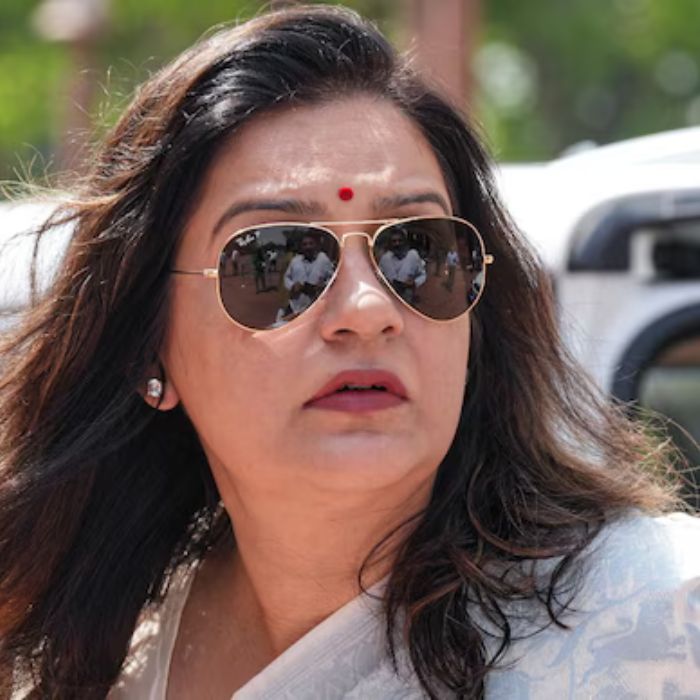
Asia Cup 2025, IND vs PAK: Families as political fuel
If politics is theatre, then grief is its most powerful prop, and in the Asia Cup 2025, no one hesitates to use it. Enter Aishanya Dwivedi, wife of slain jawan Shubham Dwivedi, who voiced her anguish with searing honesty: “Why should India hand revenue to Pakistan, so they can attack us again?”
Her words, raw and real, should have been a moment for national reflection. Instead, they became ammunition—politicians seizing them for speeches, anchors twisting them into shouting matches, and social media influencers weaponizing them into reels. What was personal sorrow turned into national spectacle.
Overnight, the Asia Cup was rebranded as not a cricket tournament but a fundraiser for terrorism, accused of financing Kalashnikovs through ticket stubs. Imagine Sachin Tendulkar stepping up for a cover drive and being told, ‘Sorry Paaji, that boundary just paid for a bullet.’
The moral grandstanding is so suffocating, it hangs heavier than Dubai’s desert air. Families already crushed by loss now find themselves plastered across channels, their grief stretched, replayed, and remixed until it becomes campaign content. The truth is, grief sells, and in India, it sells better than cricket. Because nothing moves TRPs like a crying widow or a fiery slogan.
Yet, irony laughs the loudest: despite every boycott call, every emotional appeal, and every politician’s theatrics, India and Pakistan will still walk out under the floodlights at 8 PM sharp, ready for the toss. Cricket cannot solve grief, but grief has been used to strangle cricket. And still, both march on, because in this theatre, even mourning is monetized.

Asia Cup 2025, IND vs PAK: Ministers, Mandates and Match Points
While the opposition screams boycott, the government offers bureaucracy disguised as bravery. Enter Anurag Thakur, Union Minister, who declared that India is ‘compelled’ to play in the Asia Cup 2025, not because of love for cricket, but because of the tyranny of the points table.
His speech carried the enthusiasm of a man explaining GST slabs: dull, necessary, and devoid of passion. The logic was almost comical, boycott Pakistan and they walk away with free points; play against them and at least the humiliation, if any, happens on the field.
Patriotism, it turns out, expires at the scoreboard. Then came the great philosophical twist: India will never play bilateral cricket with Pakistan, but multilateral tournaments? Oh, that’s perfectly fine. Apparently, the difference between bilateral and multilateral is like the difference between robbery and group robbery, one’s criminal, the other’s compulsory.
Omar Abdullah joined the act, insisting ‘sports should not be victim to politics,’ forgetting that this Asia Cup has become less sport, more statecraft, and that politics isn’t just the victim here, it’s the scriptwriter, director, and producer. Cricket has been stripped of its simplicity.
Every over is optics. Every run is rhetoric. Every wicket is a war metaphor. And every press conference is more important than the press of bat against ball. In the end, the government’s stance is not courage, not conviction, but calculation: avoid forfeits, avoid free points, and keep patriotism alive on podiums while practicality rules the pitch.
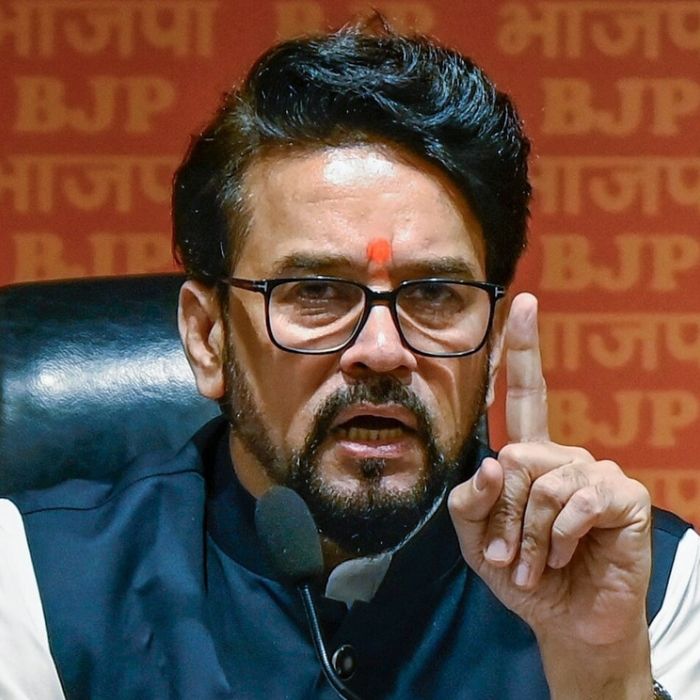
Asia Cup 2025, IND vs PAK: The neon stage of hypocrisy
And finally, here lies the truth: the Asia Cup 2025 is not a cricket tournament, it’s a neon billboard flashing hypocrisy across the desert night sky. Politicians sharpen their speeches like batsmen polish bats. Broadcasters sharpen their promos, selling melodrama packaged as destiny.
The crowd may boycott the stadium under the excuse of patriotism, but ratings online will shatter ceilings. Every handshake will be slowed down, zoomed in, dissected frame by frame, and declared ‘symbolic.’ Every nervous smile will be turned into a headline: ‘Peace or Propaganda?’
The BCCI, in its masterpiece of irony, pretends to protest by skipping the stands, only to magically appear if India lifts the trophy. Invisible resistance has never looked so photogenic. Meanwhile, advertisers queue up, knowing the Asia Cup is less about fours and sixes, more about TRPs and hashtags.
Broadcasters treat each over like a Bollywood climax, complete with background music, celebrity cameos, and camera shots of crying children. The trophy, once made of gold, is now narrative—awarded not to the winning team, but to the side that wins the PR war.
When the final ball is bowled, cricket will remain a supporting act in its own saga. Because here, patriotism is a brand, politics is a sponsor, grief is a script, and sport is the sidekick nobody asked for. The Asia Cup may end with a trophy in one camp, but the real winners will be headlines, hashtags, and hypocrisy.
